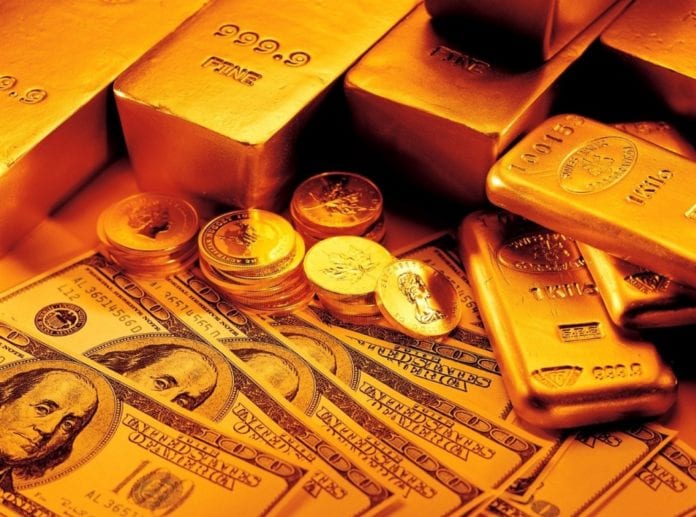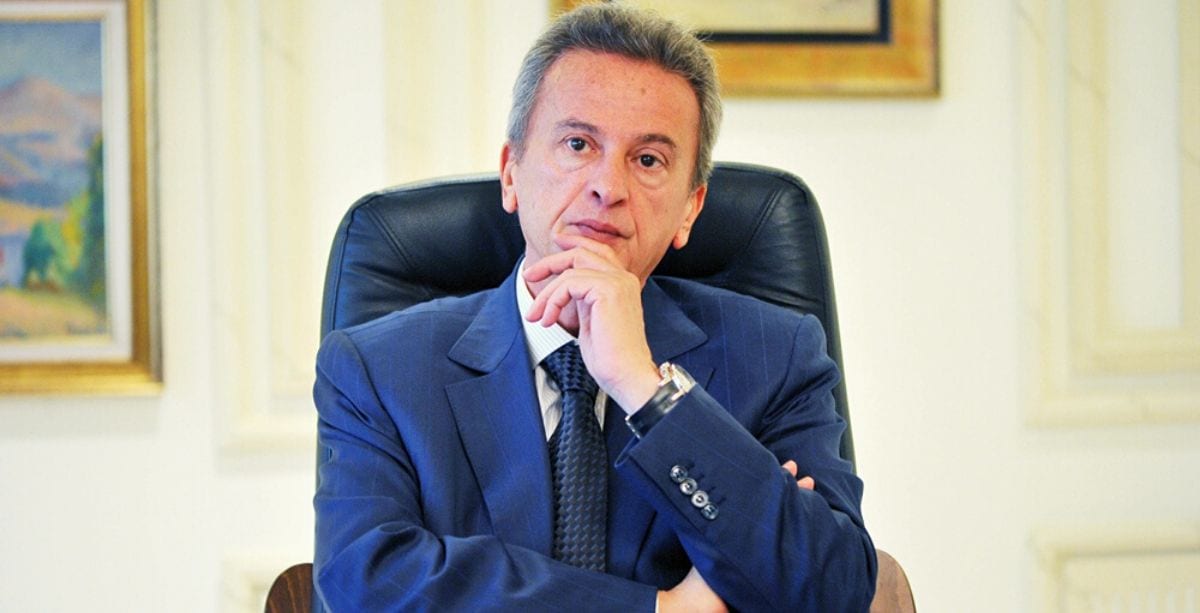Lebanese officials have been setting up plans with the International Monetary Fund in order to find a way to reschedule the public debt and restart the economy.
Next week, they are planning to decide what to do with the country’s Eurobonds, some of which are due on March 9th.
The attention at the meeting turned to the country’s gold reserves, which has been considered for a long time a red line because they constitute the sole guarantee for the stability of the local currency to the dollar.

The country began collecting the gold in 1943 shortly after its independence and until 1971.
They transferred part of the gold to the US state of Kentucky in 1975 after the outbreak of the civil war. Lebanon’s gold is considered one of the largest gold reserves in the world.
Now, however, experts are suggesting that selling a part of the gold reserves would help relieve Lebanon’s debt and stop the country from utter financial collapse.
The president of a Beirut-based research and statistics company, Information International, said: “It is time to think about using gold to restructure the economy, protect people, and preserve our sovereignty, provided that we do not waste it to pay the debt, or to finance squandering; it should be part of a comprehensive plan.”
He then suggested that they look into the gold reserves that the country had in the United States, saying: “Why don’t we start with gold in New York?”

Ghassan Ayyash, former deputy governor of the central bank, told Asharq Al-Awsat that for a long time gold reserves were considered a guarantee of the Lebanese pound and its stability.
However, he added that “this was true when the size of gold was proportional to the size of the monetary mass and the existing GDP, and when the global monetary system was based on gold coverage of currencies.”
He continued: “As the size of the monetary mass has swelled and the coverage in gold has become insufficient, there is no doubt that the gold reserve is no longer a guarantee for the currency peg.”

















